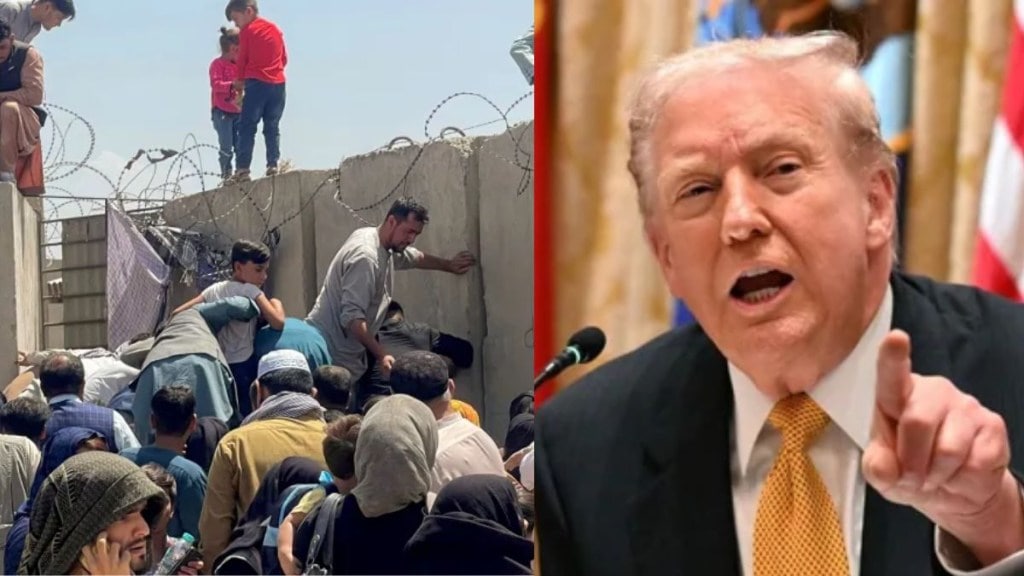After an Afghan citizen shot at two National Guard members near the White House on Wednesday, the Trump administration has halted immigration processing for Afghan nationals indefinitely.
The sudden freeze has left thousands fearing for their lives and futures.
The incident, which critically wounded two National Guard soldiers, involved 29-year-old Rahmanullah Lakanwal, who was taken into custody after being shot in an exchange of gunfire.
Homeland Security Secretary Kristi Noem later confirmed that Lakanwal had come to the US in 2021 through a Biden-era resettlement programme, Operation Allies Welcome.
For Afghans already in the United States and those still stranded abroad, the news has been shattering.
What is operation allies welcome?
Former President Joe Biden launched Operation Allies Welcome in August 2021 after the Taliban’s takeover, to protect Afghans at risk for supporting the US mission.
Most of those admitted were allowed to stay for two years, but without permanent status.
More than 40% were eligible for Special Immigrant Visas (SIVs) because they took great risks to help the US, or were related to someone who did, according to the Department of Homeland Security.
As reported by Migration policy institute, 76,000 evacuated Afghans moved to US through this programme.
Now, Trump has called the recent shooting “an act of terror” and ordered a review of every Afghan who entered the US under Biden.
‘One day you will certainly hear news of my arrest or my death’
“I was deeply distressed when I heard this news. We have completed all the required review procedures,” said Ahmad Samim Naimi, speaking to Reuters from Afghanistan’s Panjshir province.
He worked as a TV presenter and press adviser under the previous, US backed government. He fled to Pakistan after the Taliban began detaining journalists and former government workers and applied for resettlement in the United States.
“If I go back, one day you will certainly hear news of either my arrest or my death,” he said.
Lives in limbo in Pakistan
Pressure on Afghans without formal status in Pakistan has increased in recent times. Authorities have launched a sweeping crackdown, leading to more than half a million deportations over the past year.
Even those with valid UNHCR documents or visas have been detained, evicted, or extorted at checkpoints.
But those waiting for their resettlement procedures to come through say going back is not an option.
“I cannot put myself and my family at risk of destruction,” said a 40-year-old former civil servant from Kabul to Reuters who asked not to be named for security reasons.
He told Reuters the freeze had erased everything he had spent years building his family’s future around.
‘These folks don’t deserve this’
Advocates fear that suspending immigration processing could trap tens of thousands of vulnerable Afghans, including interpreters, civil servants, media workers and women’s rights activists, in dangerous uncertainty.
“These folks don’t deserve this, they’re just trying to get their shot at the American dream,” said Shawn VanDiver, president of AfghanEvac, a volunteer group helping US affiliated Afghans to Reuters.
“This is going to cause a lot of harm across the Afghan community in the United States.”

